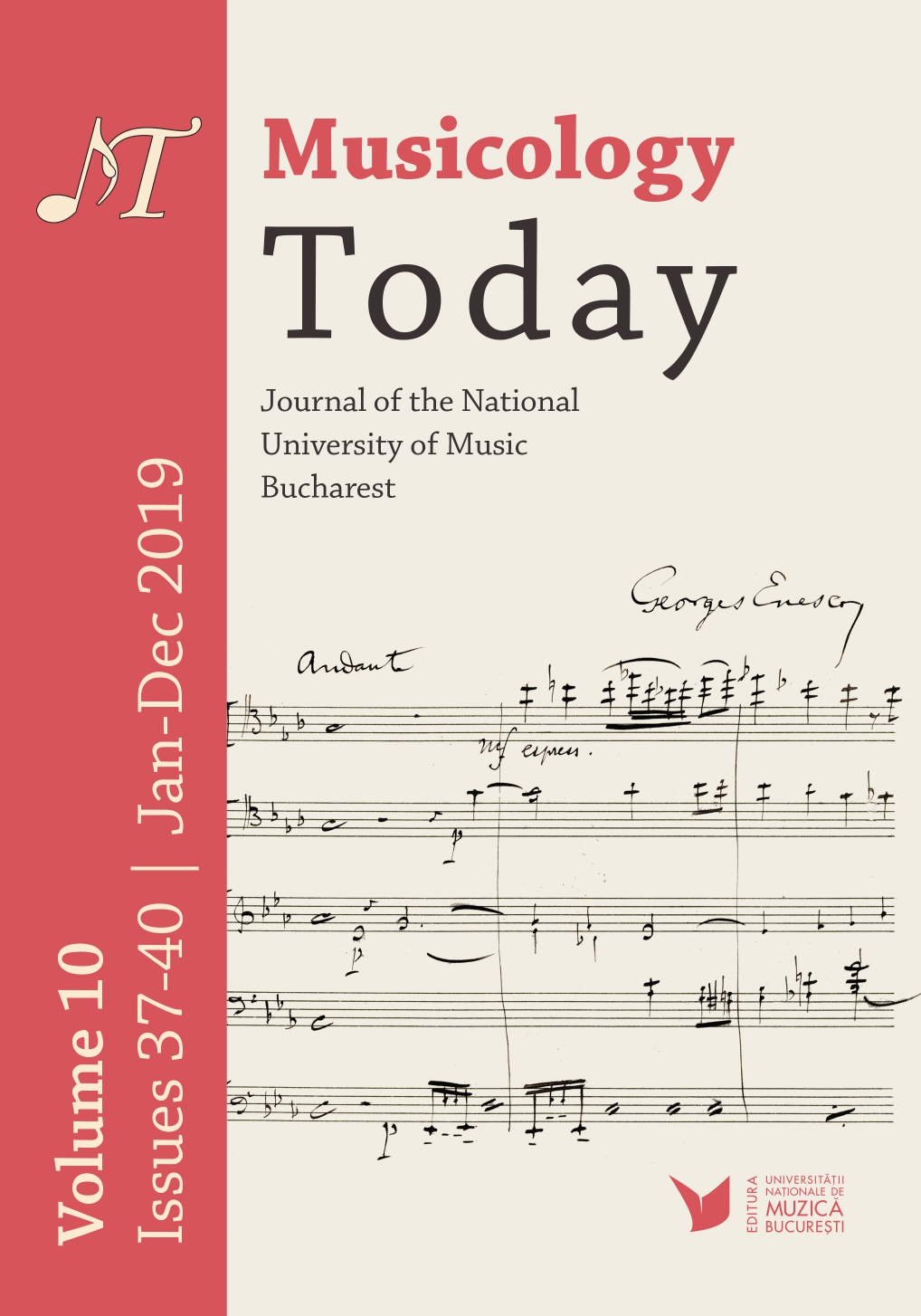Jazz and Politics in the Obsessing Decade and the Following Years
Jazz and Politics in the Obsessing Decade and the Following Years
Author(s): Alex VasiliuContributor(s): Emanuel-Alexandru Vasiliu (Translator)
Subject(s): Music
Published by: Editura Universității Naționale de Muzică din București
Keywords: Communist Romania; totalitarian regime; Richard Oschanitzky; Eugen Ciceu;
Summary/Abstract: In the period 1945-1965, jazz was cultivated in Europe both in the classical and the modern forms. The rhythmic, expressive, melodic fundamentals of this musical genre also marked the so-called "easy-listening" genre through instrumental arrangements, a specific type of singing, improvisation. If in the Western part of the continent jazz evolved naturally by reproducing the stylistic stages invented in North America, the native country of jazz, this type of artistic creation was banned, obstructed, subjected to ideological conditions in an Eastern Europe ruled by communist regimes. Jazz had a particular history in every country of the former communist bloc, one related to the cultural and political specificity of each area. Romania was an interesting case. There were resistance fighters, who entered in an open conflict with the authorities, musicians who heightened and modernized the art of jazz not only in Romania, but also on an international level. Recordings are the most important historical documents in this sense. The present study sheds light on an era that has been scantily studied by revealing information and sonic evidence regarding the life and creation of Richard Oschanitzky and Eugen Ciceu.
Journal: Musicology Today: Journal of the National University of Music Bucharest
- Issue Year: 10/2019
- Issue No: 38
- Page Range: 125-138
- Page Count: 15
- Language: English

